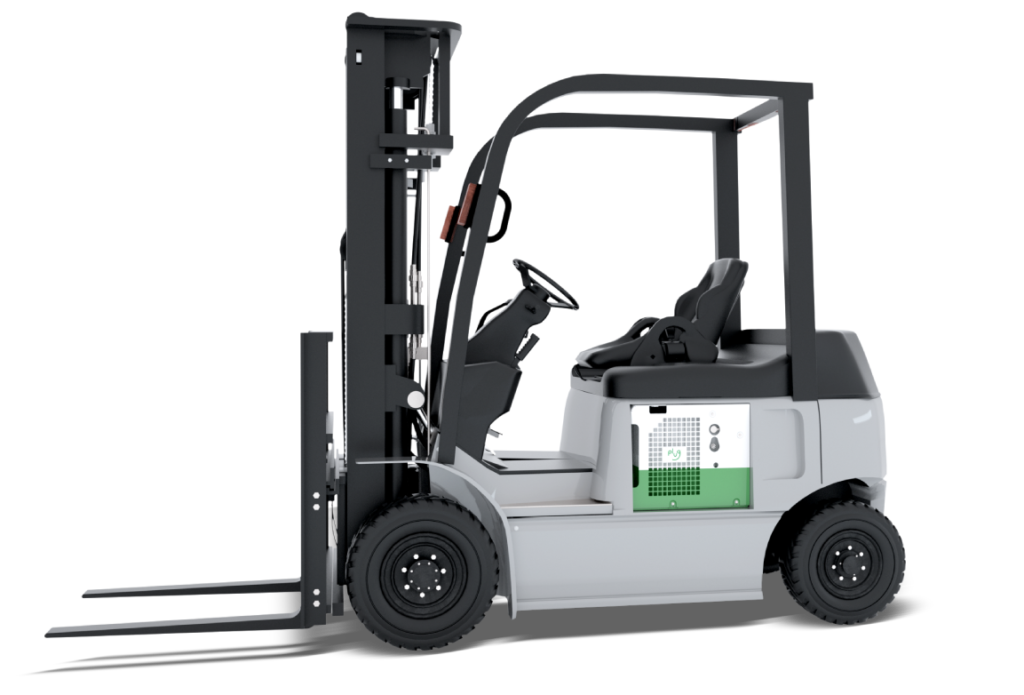Forklift Safety Day: How Plug Leads in Safety Standards
When it comes to the well-being of our people, customers and our environment — Plug approaches the responsibility sincerely. We realize that the core of our business is our people, who are vital members of families and communities. While Plug provides the power inside fuel cell-electric forklifts, and not the forklifts themselves, we recognize that we are a vital part of the larger ecosystem.
With that understanding, Plug has the strictest safety standards in place to ensure forklift operators are always safe while doing Plug work and our customers are working with the most dependable products on the market. Plug’s team works closely with customers to ensure all operators and safety and health officers are properly trained using Plug’s fuel cell equipment.
The highest safety standards for our products are crucial. Why? Just look at these statistics:
- 70% of all industrial accidents are caused by operator error, according to the National Safety Council
- Effective training may reduce accident rates by up to 30%, according to Occupational Safety and Health Administration
- Operator performance scores can improve by 61% following operator training, according to OSHA
In honor of Forklift Safety Day, we want to highlight how Plug products are safer than anything else on the market.

No more heavy lifting: Forklift batteries are very heavy, weighing 2,000 pounds or more, making lead-acid battery changes incredibly dangerous. With GenDrive fuel cells, employees no longer need to swap heavy batteries each shift — in fact, the fuel cells don’t have to be swapped at all. They are refueled in just minutes from a hydrogen dispenser and then it’s back to work.
No more battery acid: Traditional lead-acid batteries contain caustic battery acid that can cause severe chemical burns if it encounters skin. In addition, inhalation can cause difficulty with breathing, ingestion may lead to internal burns of the mouth and throat, and contact with eyes can cause blurred vision and can lead to blindness. With hydrogen fuel cells, employees simply refuel the fuel cell without touching a battery. On top of that, you do not need to maintain an acid spill kit and employees do not need to wear any PPE when handling or refueling GenDrive fuel cells.
No more battery disposal concerns: Lead-acid and lithium batteries are made of hazardous materials and toxic chemicals and therefore must be disposed of appropriately to prevent exposure of these elements into the environment. When batteries are at the end of their useful life, employees and their companies must deal with the logistics, cost and time-consuming activities that are required to dispose of the batteries. However, fuel cells can be refurbished and put back into use without the environmental issues associated with batteries.
Aside from hydrogen fuel cells being safer for individual workers, they are better for our environment. When companies adopt hydrogen fuel cells, replacing the batteries they formerly used in material handling equipment, they eliminate the costs associated with handling and storing toxic materials, while reducing greenhouse gas emissions by up to 80%. When it comes to decarbonization, customers turn to Plug to provide a full ecosystem of products.
Ready to learn more about Plug’s safety standards and our products? Contact us.